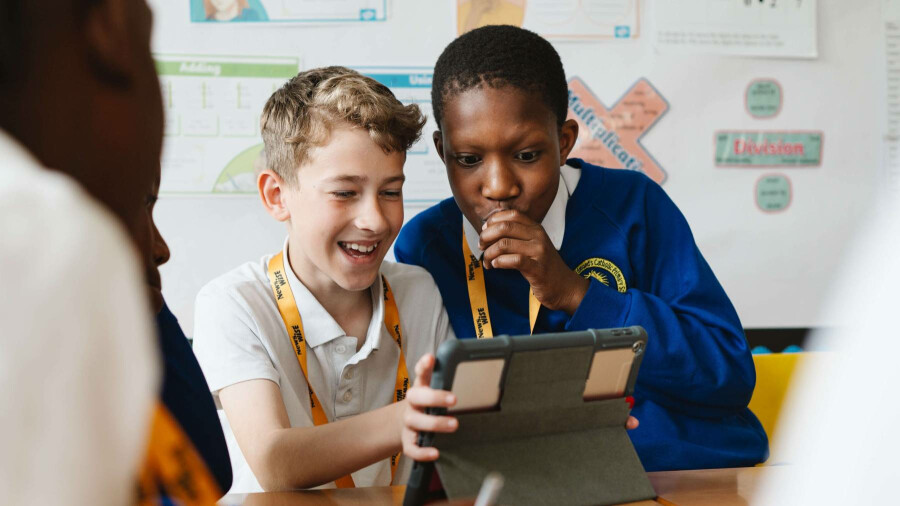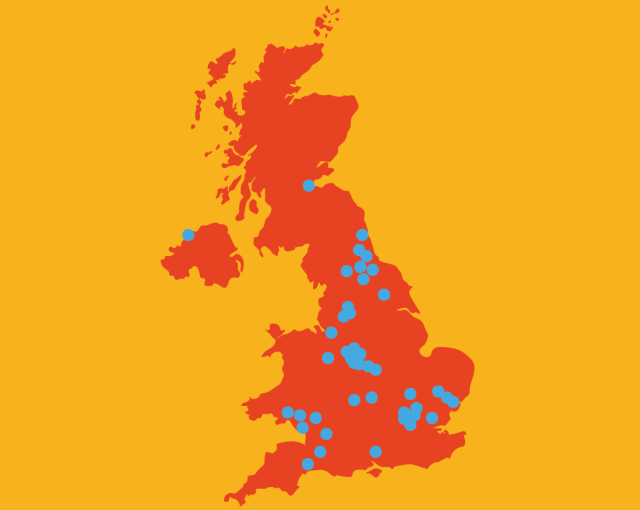


NewsWise aims to work with schools across the UK, on a proportionally represented basis. As well as our UK-wide work, in 2023/24 we were also working intensively in Birmingham.



Everything NewsWise does is informed by feedback from teachers. Our advisory panel provide expert advice and guidance to help us make our resources, training and other opportunities the best they can be.
Our panel is made up of teachers from: Bardfield Academy, Earlsmead Primary School, Grafton Primary School, Longwood Primary School, Orchard Primary School, Reid Street Primary School and St Patrick and St Edmund's Catholic Primary School.
We are grateful to everybody on our advisory panel for their time and commitment to NewsWise.